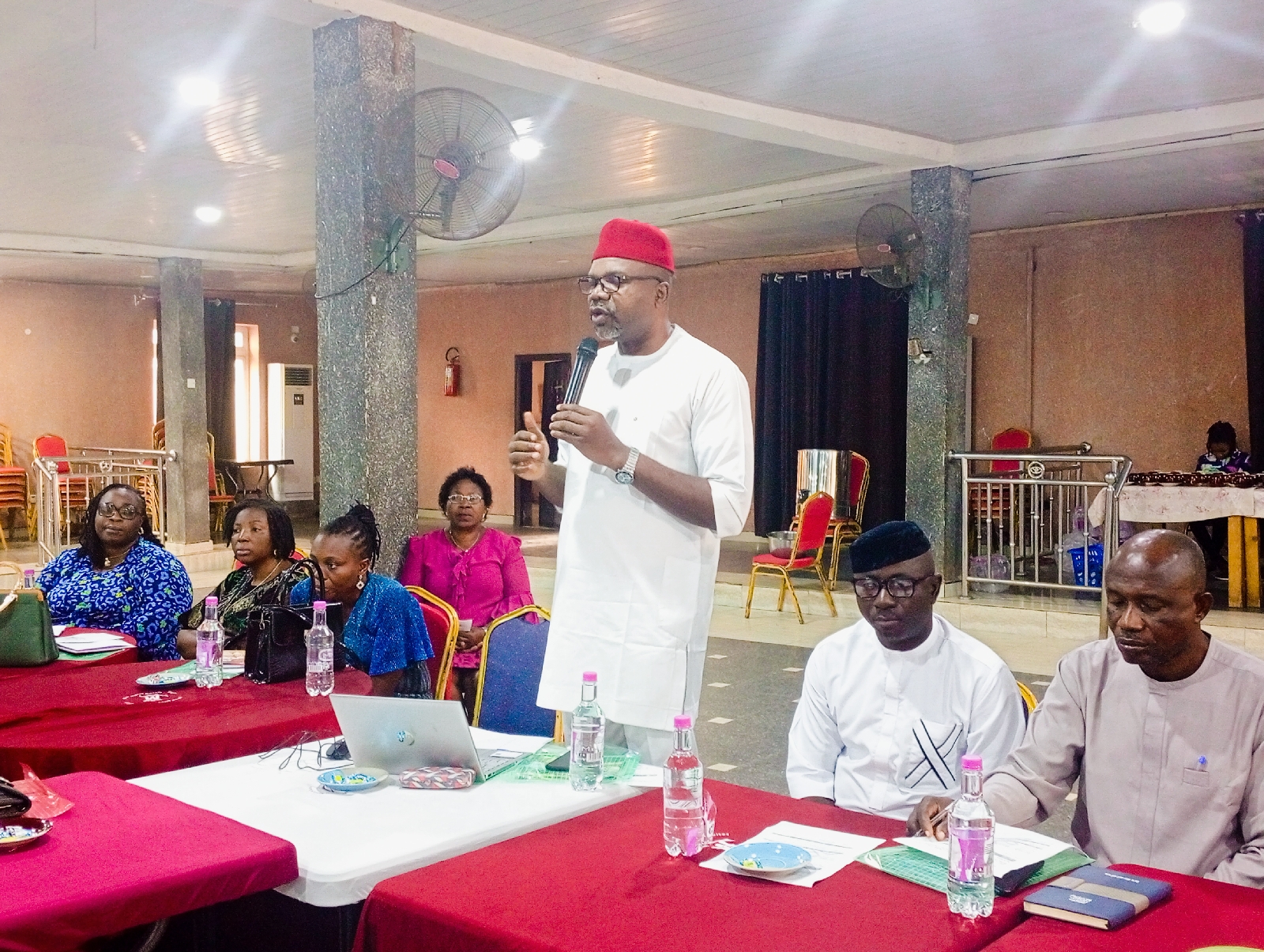By Victor Nwegede, Abakaliki.
In a decisive move toward health independence, Ebonyi State has been selected among six pilot states to lead Nigeria’s transition to locally driven responses to HIV, Tuberculosis (TB), and Malaria, as international donor support begins to shrink.
The announcement was made during a three-day high-level stakeholders' engagement on the Sustainability Roadmap organized by the National Agency for the Control of AIDS (NACA) in collaboration with the Ebonyi State Ministry of Health.
Speaking at the event, Daniel Ndukwe, Director of Policy Planning, and Coordination at NACA, emphasized that Nigeria’s fight against HIV, TB, and Malaria can no longer be donor-dependent. “The funding landscape has changed. Now is the time for a homegrown response. We must use our government structures to do what partners have done for years,” he declared.
Ndukwe urged Ebonyi State to mobilize all relevant ministries and agencies beyond the Ministry of Health to ensure the sustainability of the fight.
He emphasized multi-sectoral collaboration, noting that departments like transport, youth, women affairs, and information must be integrated into disease prevention and treatment efforts.
On the state's part, Prince Chibueze Andrew Iteshi, Executive Secretary of the Ebonyi State Agency for the Control of AIDS (EBOSACA), described the transition as a “shift from partner-driven to government-led response.”
He called on the state government to increase funding, enhance public education, and support the agency’s work plan focused on prevention and capacity building.
“We have over 18,000 people living with HIV currently enrolled for treatment in Ebonyi State. Yet many in rural areas still have no idea what HIV is,” Iteshi revealed, recounting recent sensitization in communities like Ogbala Ishieke in Ebonyi local government area where six individuals tested positive on the spot.
He called for increased media involvement, stronger political will, and collaboration with traditional and religious leaders. “Our people must understand HIV, TB, and Malaria are real. The earlier you know your status, the better your chances of survival and healthy living,” he added.
Representing Governor Francis Ogbonna Nwifuru, Prof. Emmanuel Echegu, Chief of Staff, assured partners that Ebonyi State is ready to own the fight. “This is a wake-up call. We must figure out how to sustain services for people affected now and in the future,” he stated.
Also present were Health Commissioner Dr. Moses Ekuma, Permanent Secretary of the State Ministry of Health Dr Lawrence Ezeogo, PHC Development Agency Executive Secretary Dr. Phillip Ovuoba, Ebonyi Development Centre Coordinator Dr. Destiny Nwodom, and other top government officials.
They echoed the commitment to fully implement the sustainability roadmap by integrating disease control into the state's planning and budgeting structures.
With donor support winding down, the stakeholders maintained the engagement was a clear indication that Ebonyi has bold step to ensure no one is left behind in the fight against HIV, TB, and Malaria by setting a model for the rest of the country ahead of the 2030 global eradication target.














